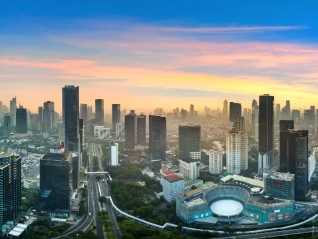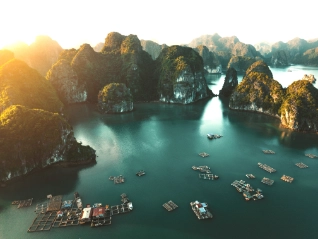Atradius Atrium
Sie erhalten direkten Zugriff auf Ihre Vertragsinformationen, Tools zur Beantragung von Kreditlimits und Einblicke.
Beliebte Suchbegriffe
 Switzerland büros
Switzerland büros








Mehr laden
Einsehen 7 aus 57
Kontaktieren Sie uns